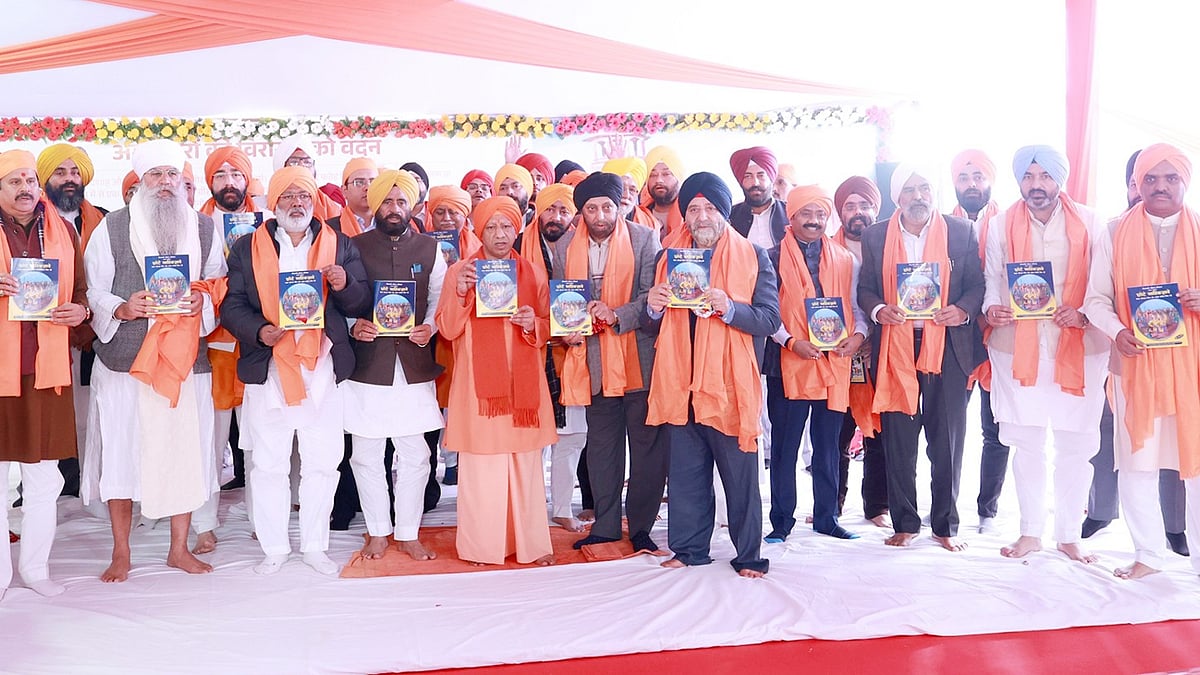What is the driving force behind you entering the sector?
Pension Fund as an industry is one of the fastest-growing sectors (the world over). Pension reforms were also taking place in a very rapid manner. Everybody wanted to be in the industry. UTI, SBI and LIC were the leaders.
The fee that is charged in Pension Funds is 0.01 per cent. However, in Mutual Funds, it is much higher. Why?
The fee charged in NPS came out of competitive bidding where PFRDA (Pension Fund Regulatory and Development Authority) had indicated that the lowest bid will be the fee that other players will have to follow. During the 2015 bid, one private player quoted 1 basis point (bp), followed by yet another private player which quoted 15 basis points (bps) and other players quoted between 15 bps and 25 bps. UTI quoted 25 bps. This is how the fund management cost stood at 1 bp.
How did the fee structure for government and private sector fund management evolve?
The first expression of interest that PFRDA came out with was in the year 2007 for the government sector pension fund. In the government sector, there was no marketing required as the fund flow was automatic (through mandatory debits to the respective bank accounts). Our mandate was to manage the funds. Our role was to create a fund management structure as per PFRDA guidelines.
It was in the year 2009, PFRDA came out with a request for proposal (RFP) for the private sector. There as well there were only limited licenses and there were about eight bidders. We did not want to lose on the private sector opportunity. So, we quoted a minuscule amount.
When the investment management agreement was signed with NPS (for the private sector), it was mentioned that marketing was not the role of a pension fund manager. For marketing, another license was needed and the pension fund manager was not given the role of marketing. (Thus, such a low fee structure was considered feasible by PFRDA. It was in the year 2012 that pension fund managers were given the role of marketing.)
According to Criisp Committee (Committee to Review Implementation of Informal Sector Pension), (this Committee was constituted by Chairman, PFRDA, in August 2010 following recognition of the fact that NPS for the informal sector was faced with some issues that have hindered its proliferation), which was appointed to study the structure, suggested anything below 1 bp will be a hurdle for the growth of industry. It stated that because pension fund managers are managing the funds, they are best suited to market the product — talk about the asset allocation pattern to the subscribers or prospective subscribers.
Post this report, PFRDA came up with a regulation that pension fund managers can charge up to 25 bps (for marketing and asset management) in the private sector since marketing is required there. But you have to publish your rate in two newspapers. The regulator had, by then, also increased the number of licenses. It was up to the fund manager to decide the charges—but they had to follow a cap.
We started charging 25 bps, there were others charging around 25 bps and the least was 19.5 bps. So around 2013, the fee for private funds was raised. But later there was some opposition to this. In 2015, a fresh bid was called and the lowest bid was 1bp and again this became the norm.
In 2016, PFRDA again called for bids for the private sector. We were told we can quote up to 10 bps. If PFRDA selects the company, then they can charge what the respective company had quoted in the bid. But due to one specific criteria on foreign direct investment, there was an objection and no logical conclusion was made. So, the bid lapsed. So, still, the industry is operating on the basis of the 1bp rate.
What should be the minimum rate for fund management in the industry?
It should be in single digit for the industry. This is the no loss-no profit zone.
From April 2019, any government employee has the freedom to choose his or her pension fund manager. So, now SBI, LIC and UTI are not default fund managers for government employees any more. Thus allowing other pension managers to expand their subscriber base.
There are some regulatory issues that are not considered feasible for growth, yet players like UTI and others still continue in this space. Why?
There are two reasons for this. First, there is no industry growing as fast as this industry. We are optimistic that this fee structure will change and the L-1 (the lowest bidder) bidding process will not be considered as the benchmark. We will be in a better position in times to come.
Secondly, any investor or subscriber gets associated with us due to brand recall and fund management performance. In the case of brand recall, I am getting free coverage everywhere. Whenever NPS products are talked about, UTI's name is there. So brand recall will always be there.
The question of making losses is for fund managers who are managing the private sector. In the case of SBI, LIC and UTI, we are meeting the expense. The idea is to remain in this space or else you will be forgotten.
It is heard that there is a lot of mis-selling happening in the industry?
Yes, it is happening. So some pension fund managers are just showing days when their funds are performing better than others and not average performance. Such misinformation is taking place. But for state-run or associated entities like SBI, LIC and UTI, they cannot be involved in such mis-selling. This is not in our philosophy.
Where does UTI stand compared to its competitors?
UTI is managing Rs 1.19 lakh crore, making us the second-largest pension fund managers.
The government sector money is coming on a regular basis. On average, UTI is getting about Rs 1, 800-2, 000 crore every month. This inflow is keeping in mind the state and central government's funds. This does not need any marketing yet. But we will see how this space evolves. Of the overall funds, about 95 per cent is the government sector and the rest of them is the private sector. The only positive for us was that we were managing private and public funds. So, we were getting fresh funds everyday.
How much money can NPS attract during stressed times?
The performance is being managed by NPS. They have appointed Crisil to look into this and they evaluate the players in a timely manner. There is the stress test, at the NPS level, which is taking place and we are reviewed regularly for this. NPS is aware about such details but it is not out in public.
What kind of sustainable growth do you expect?
At 1 bp, the industry is not sustainable at all. We are taking help from sponsors in case of research, infrastructure and IT need.
How do you see the market evolve?
With effect from April 1, 2019, even the government employees have the opportunity to choose their pension fund manager. Now the sector is open for everyone and there will be a lot of competition – more than ever before. But I think SBI, LIC and UTI will have an added advantage as far as their status is concerned. People will have more faith in these institutions due to their background.



.jpeg)






